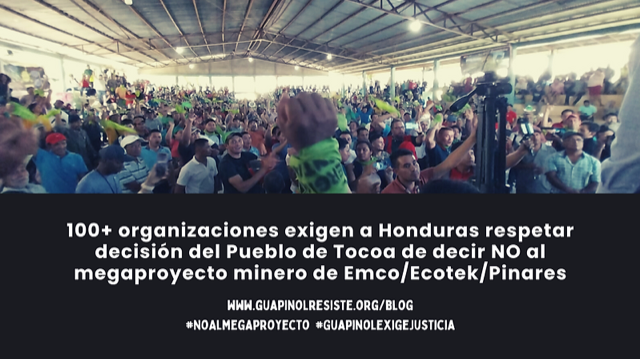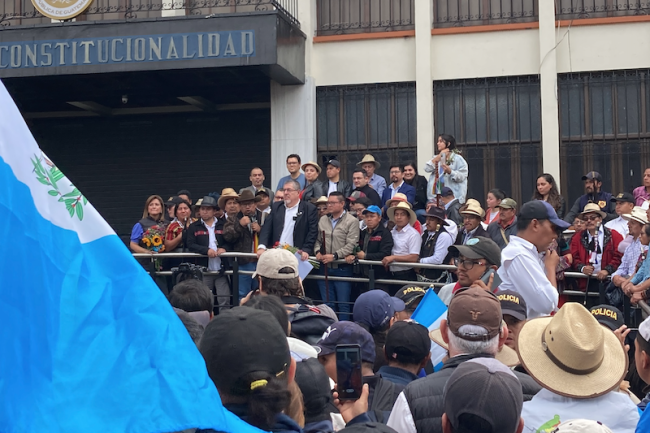Robert Fernández was an active leader in the Campesino Workers Association of Cajibío, a municipality in Cauca Department. He was working on behalf of local campesino families who were awaiting the distribution of formerly private tracts of farm land from a large private farm that was being titled to them through the government’s National Land Agency (ANT). He was a well-respected leader with a multitude of affiliations. He was a member of the local Community Action Board, National Association of Campesino Reserve Zones (ANZORC), Process of Popular Unity of the SW of Colombia (PUPSOC), and the Social and Political Coordinating Body of the Patriotic March.
When Robert Fernández arrived home from work on December 11, 2023, he went outside to feed some chickens. From the house, his wife heard a motorcycle arrive. Then she heard an unknown man yell to Robert. Then she heard two gunshots. Running outside, his wife saw the hitman climb onto a black motorcycle and sped away. Her husband lay dead with two gunshots to the head.



